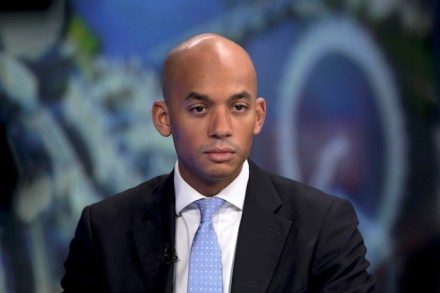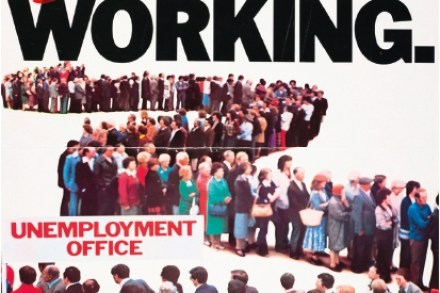Hormone ‘halves risk of premature birth,’ says the Mail. But its report is wildly inaccurate
As a gynaecologist, I was appalled to read this story about a supposedly ‘groundbreaking’ treatment to stop premature births in the Mail (I read it on the online Mail site but in fact the culprit is The Mail on Sunday). Let me quote from it before telling you what it gets utterly wrong. Note my emphases in bold: A hormone treatment that can help prevent premature births could be made more widely available to thousands of at-risk mothers-to-be. The groundbreaking treatment, not yet widely available on the NHS, sees women given a daily dose of progesterone. This is dubbed the ‘pregnancy hormone’ by doctors, and levels naturally rise during pregnancy to




















